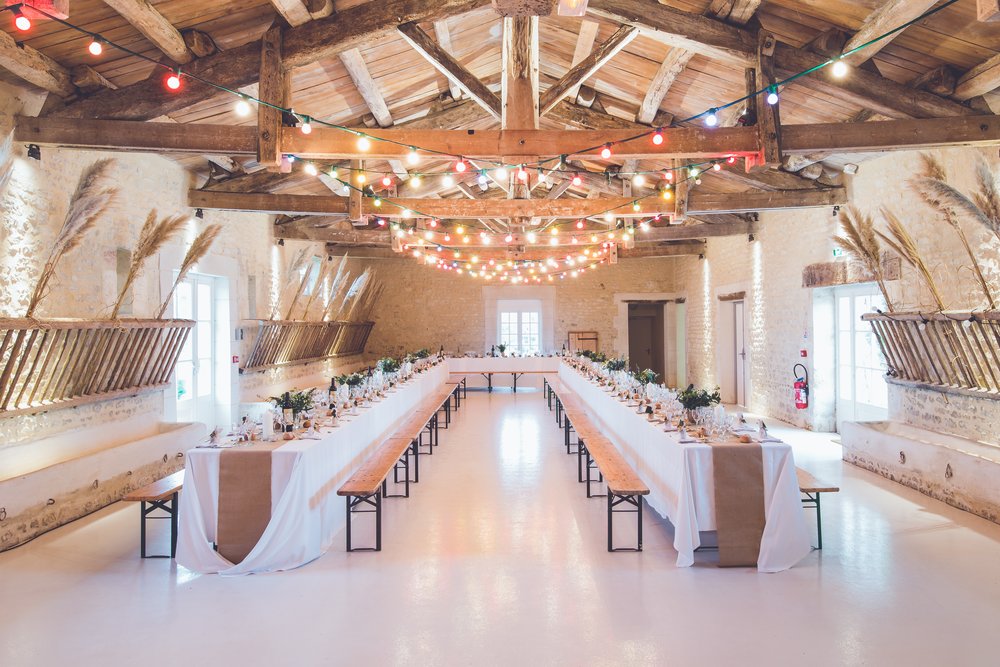In my family, no one left the dinner table until everyone had finished eating. The conversation was warm and friendly (other than during my brooding teenage years), and my parents and I would chat until we finished off a dessert plate of Asian pear or Korean melon.
This was normal for me, and I thought it was normal for everyone.
But while instant messaging with a friend during high school, I learned he was eating dinner at his desk. Seeing my confusion, he explained that when he was hungry, he would go to his kitchen, fill a plate, and then eat in front of his computer.
I was shocked. Even if I didn’t want to sit with my family, I would stay at the table until the last pair of chopsticks were put down. It was an important habit for our family that I honored and cherished.
Empty Chairs, Empty Tables
But many people didn’t have that experience growing up. Some had broken homes, which meant having a calm, loving family meal was an impossible dream. Others were latchkey kids who had to prep food themselves or eat before the last parent came home. And then there were families where even if everyone was one, getting people to share their days and feelings was an unthinkable act because of the language barrier, the exhausted parents, or the hurt feelings.
To be clear, the dinner table gathering is not essential for every family. But a time and space set apart for the building up of the family is crucial in helping each member feel known, safe, loved, and accepted.
For me, the dinner table was that place. For others, there was no shared space, or the table was a sign of brokenness, loneliness, or even shame.
Without a table, people feel a lack of connection to a group of people who intimately care about their well-being. Even in the most well-adjusted family, those anxieties can persist.
Thankfully for all of us, there is someone who made it a priority to open his table for all, especially the broken, the lonely, and the outcast. Jesus invites us to his table.
The Beauty Of Jesus’ Table
1. Jesus Welcomes Everyone To His Table
In his earthly ministry, Jesus purposefully ate meals with sinners (Matthew 9:10, Luke 15:1-2). His disciples included fishermen, tax collectors, and even a zealot. He came specifically to minister to sinners and the broken (Luke 15:31-32), which means all who seek Jesus will find a welcoming table.
2. Jesus Serves At His Table
In the final days of his life, Jesus continued to teach his disciples about what it meant to be a part of the kingdom of God. So, during the Passover Feast, he washed their feet (John 13), reminding them that they were to serve one another as he had served them.
Jesus deserved the highest honor, but he took on the posture of a servant. Rather than doing what was convenient for him, Jesus served his disciples because he loved them and wanted them to love one another.
3. Jesus Provides At His Table
In his first miracle, Jesus turned water into wine at a wedding feast. Later, he fed the 5,000 people who were listening to his teaching.
In the greatest provision of all, Jesus gave his life. During the Last Supper, Jesus broke bread and poured a cup of wine to symbolize how his body and blood would be given for us. This sacrament of communion was created so that we could have real communion with God.
4. Jesus Creates Family At His Table
With his sacrifice, Jesus ensured that we would belong to his family. We who were once orphans can now cry out “Abba, Father” (Romans 8:15), knowing full well that we are known, loved, and accepted by God. As adopted sons, we now have Jesus as our brother (Hebrews 2:10-11) and are co-heirs with him (Romans 8:17).
Furthermore, we now have an extended family with those who also have saving faith in Jesus. Our fellow Christians are our new family that has bonds deeper than blood.
Invitations To The Table
Because of Jesus’ work at the table, we are all welcome into God’s presence. All of us can go to our Father with confidence, knowing that we belong there.
Since we are assured of our place in the kingdom of God, we can now create spaces where people are welcomed, served, and become part of our family. We can make room at our respective “tables” the way Jesus made room for us.
So let us lead community groups, host weekly Sunday dinners, or offer to buy someone coffee on a regular basis. Let us say hello to the newcomer and invite friends alone for the holidays to our celebrations.
Let us create regular rhythms in our own families, whether with our children, our parents, or friends, to spend time together earnestly. Let us do this because we feel the immense joy of being already a part of the best family at the best table God has prepared for us.
The Marriage Feast
The tables we have on earth are a shadow of the future banquet we will have in heaven. One day, we will all join in the marriage feast of the lamb, in which Jesus takes the church as his bride, and we will be united with him forever (Revelation 19:6-9). We will no longer be broken, alone, or outcast. But rather we will be whole, belong to a family, and be accepted.
Knowing this future, let us strive to invite others to that marriage feast. May our homes, gatherings, and churches be a place where we can show others that there is a place for all of us at Jesus’ table.

